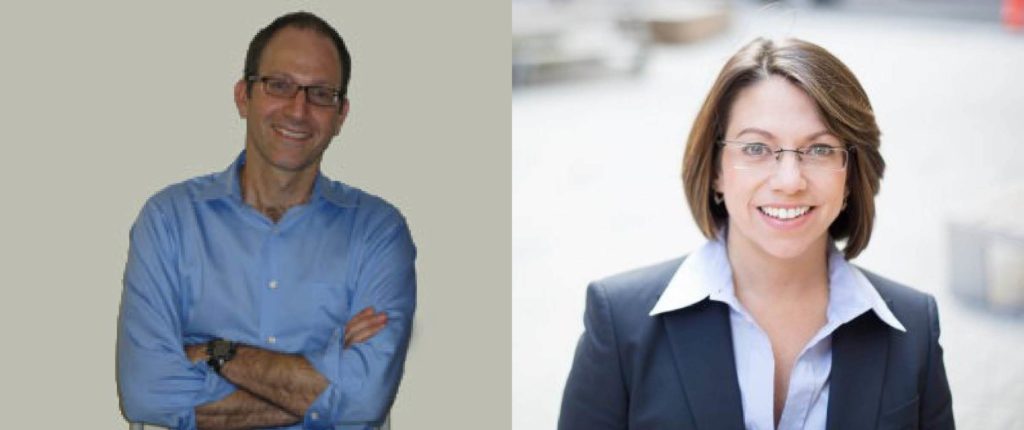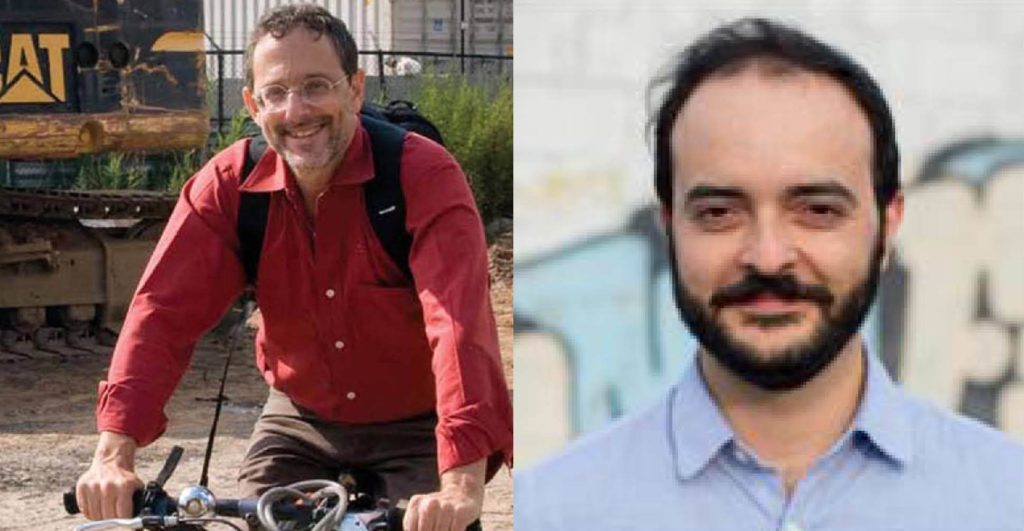Saturday, March 5, 2016
9:00AM to 1:00PM
New York Law School (185 West Broadway, Manhattan)
Panel #1: AFFORDABLE HOUSING: HOW IT WORKS WITH HISTORIC PRESERVATION

As one of the de Blasio administration’s major priorities, affordable housing is a key focus of present land-use planning and decision-making. The Mayor’s Housing New York plan has been a subject of much debate across communities in all five boroughs since it was unveiled in January 2015. As such, the community of those involved in land use issues, including city agencies, developers, planners and preservationists, have been working to define their various agendas within this political focus. Despite evidence that historic preservation is not at odds with affordable housing policies, some real estate professionals have attempted to pit preservation against affordable housing as a means of slowing the pace of landmark designation in the city. In order to help the preservation community to counter that argument and define its role in this context, panelists Benjamin Dulchin, Executive Director of the Association for Neighborhood and Housing Development, and Michelle de la Uz, Executive Director of the Fifth Avenue Committee and a New York City Planning Commissioner, will outline some of the facts and engage the audience in a conversation about what affordable housing means in New York City.
Panel #2: COMMUNITY PLANNING: A USEFUL TOOL FOR HISTORIC PRESERVATION

Though not a new concept, community-based planning – the process by which communities engage with civic leaders and contribute feedback about local concerns to ensure successful urban outcomes – has become popular in recent years. Neighborhoods across the city, from East Midtown to the South Street Seaport, have been engaged in community participation sessions to determine everything from zoning plans to local employment. Described by the New York City Planning Commission as “essential to the city’s vitality,” community-based planning provides a means of addressing a variety of issues by listening to those stakeholders who are most impacted and impactful. Panelists John Shapiro, Chair of Pratt Institute’s Graduate Center for Planning and the Environment, and Juan Camilo Osorio, Director of Research at the New York City Environmental Justice Alliance, will outline the intellectual framework and address the current status of community-based planning efforts in New York City. Given this framework, can planners and preservationists define a model for taking on issues related to the preservation of neighborhood character?
REGISTER NOW!



